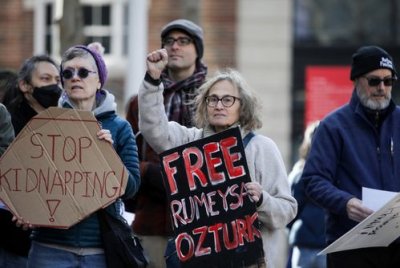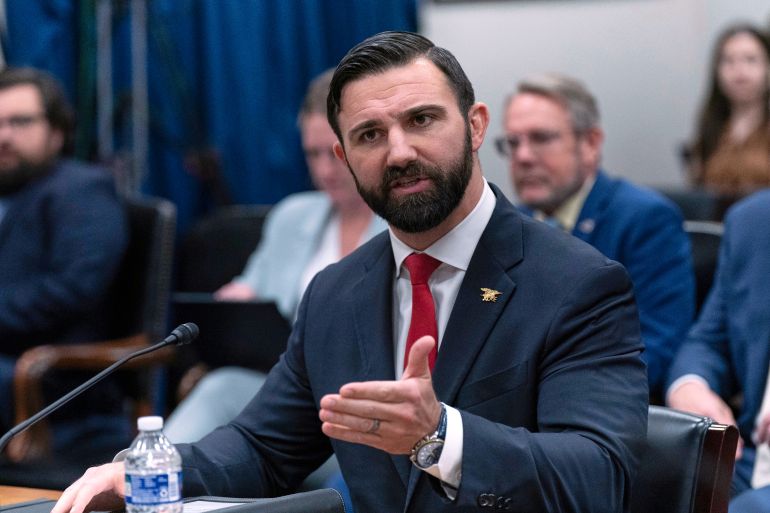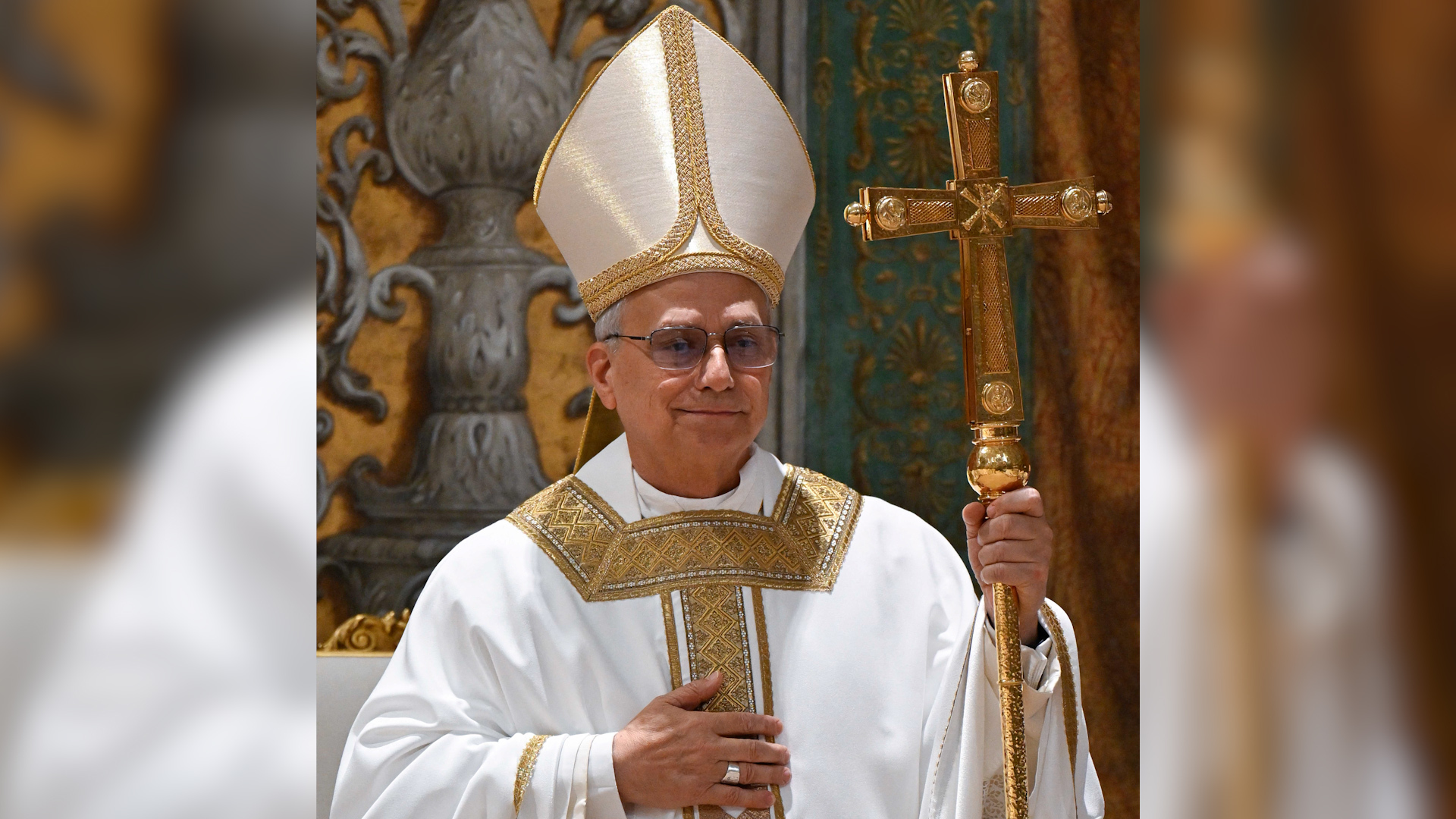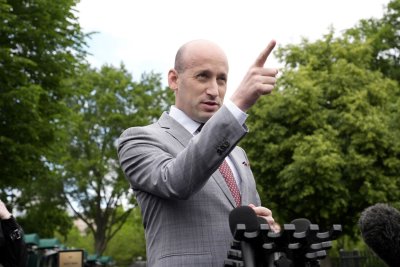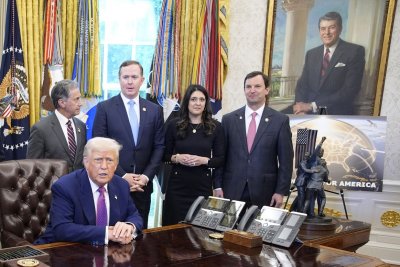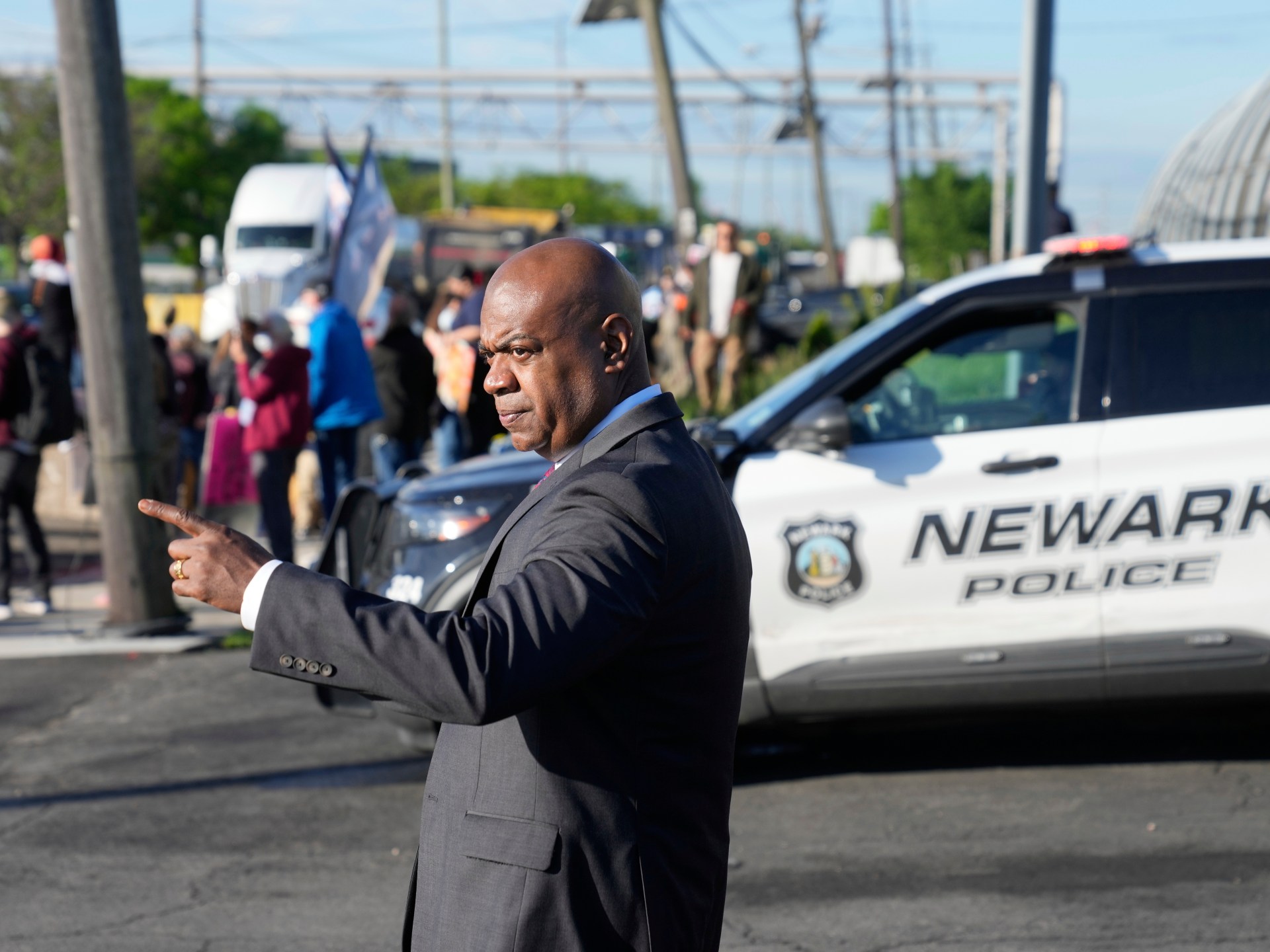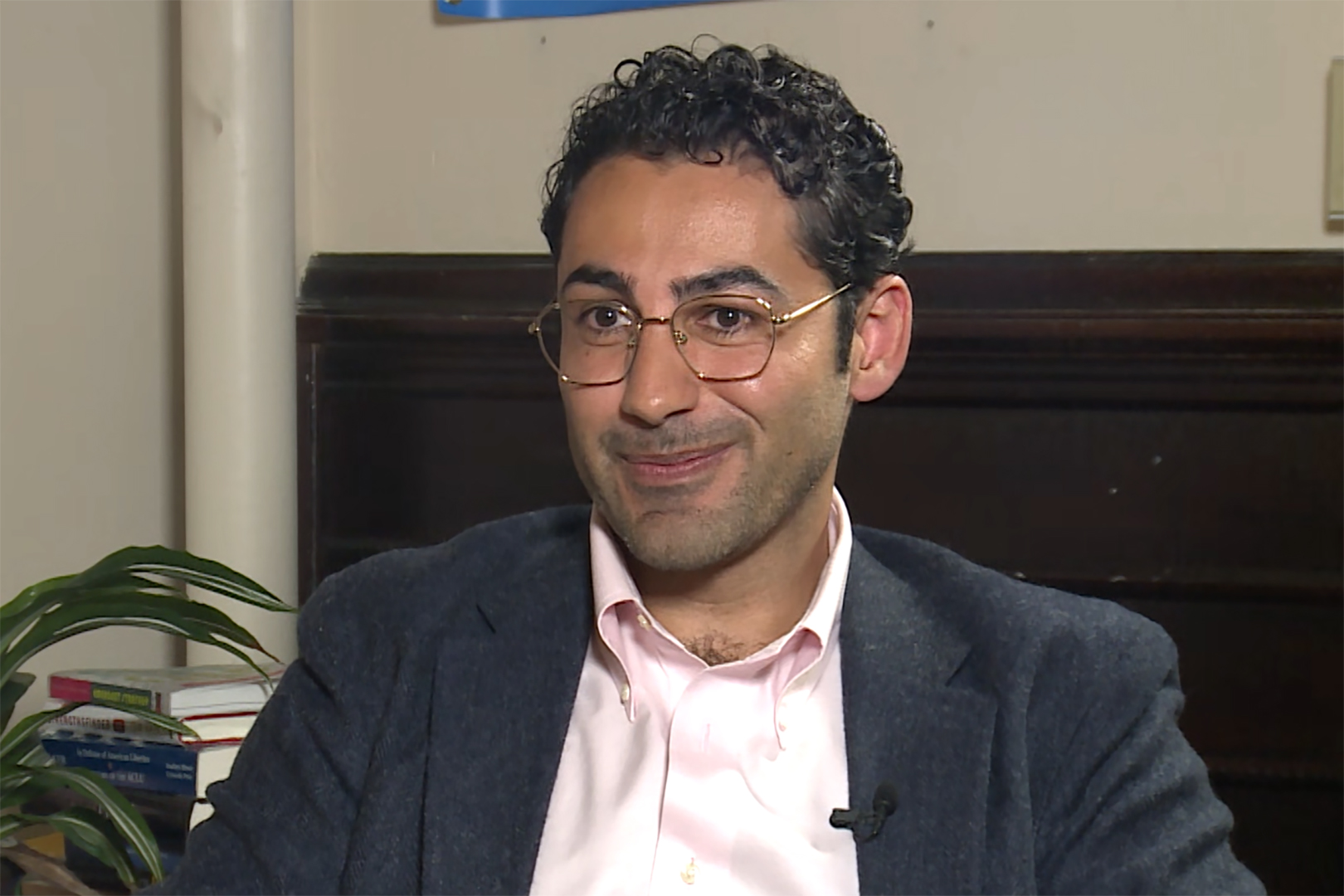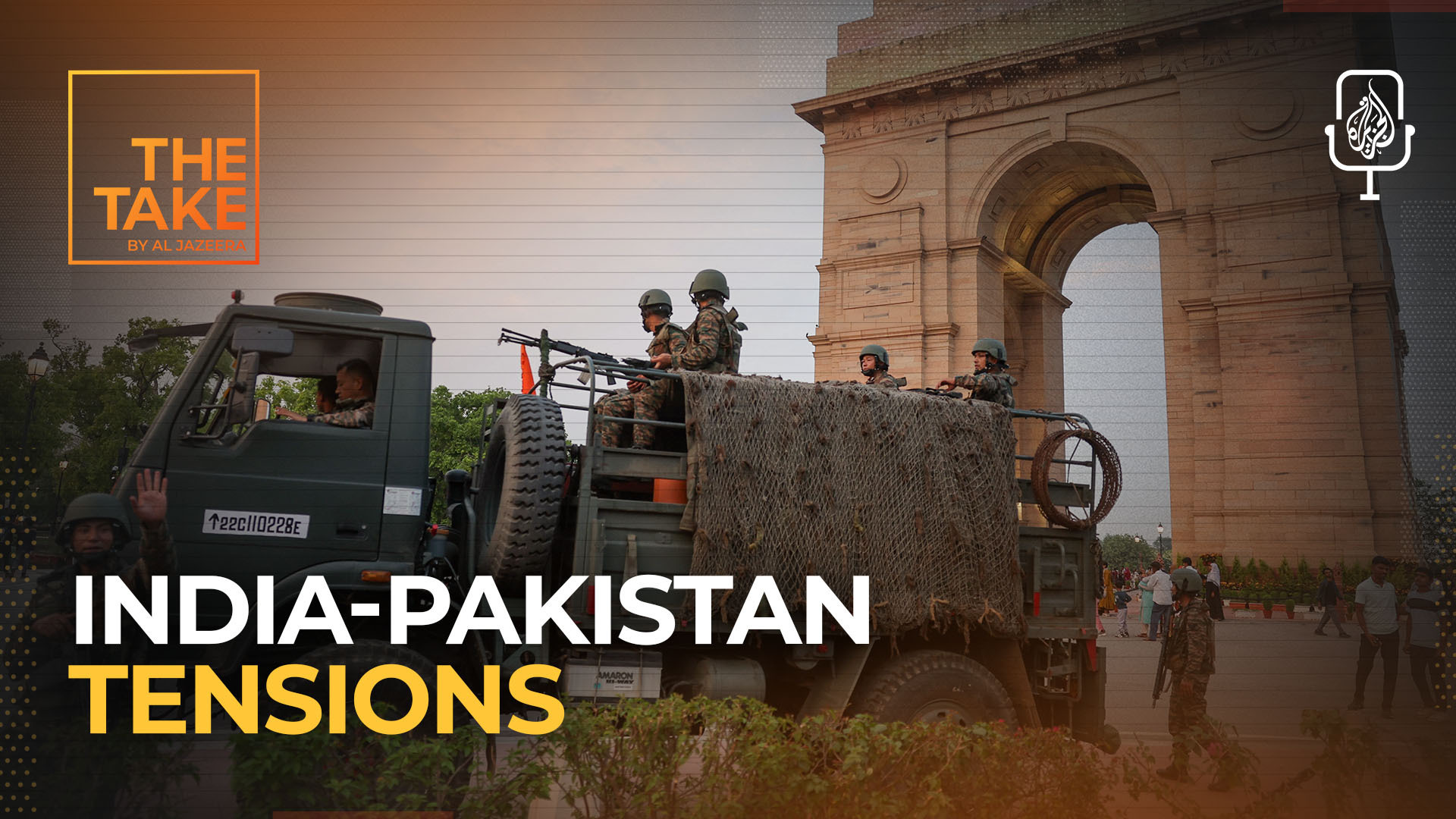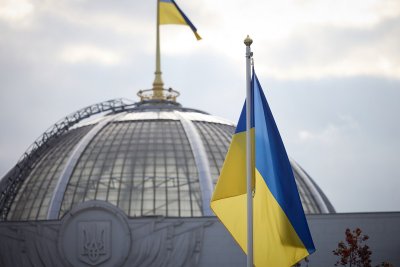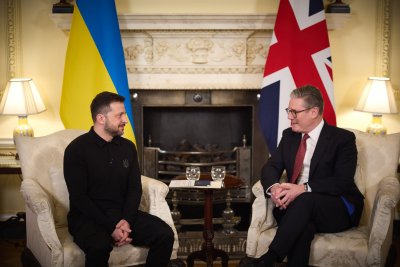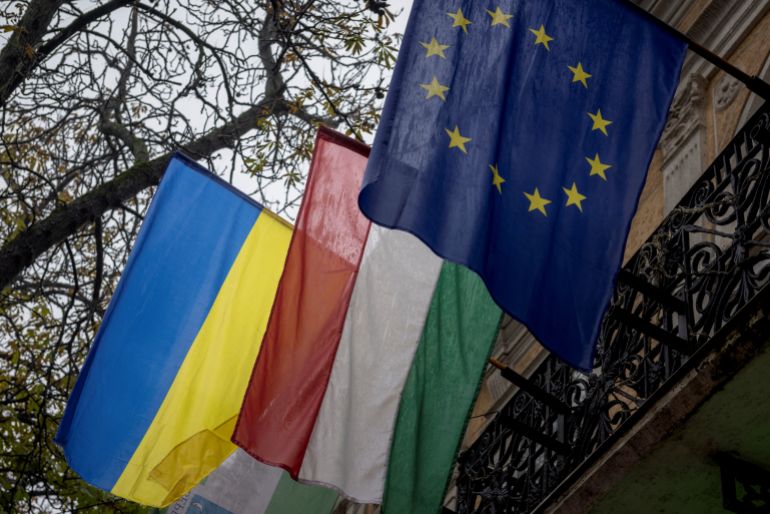Netanyahu’s war choices fuel discord in Israel over captives’ fate in Gaza | Israel-Palestine conflict News
To prioritise the release of the captives in Gaza, or to continue fighting what critics are calling Prime Minister Benjamin Netanyahu’s “forever war” – that is the question increasingly dividing Israel.
Israel’s government, laser-focused on the idea of a total victory against Hamas in Gaza, appears to be opting for the latter.
And that is only increasing the criticism Netanyahu has received since October 2023, firstly for his government’s failure to stop the October 7 attack, and then for failing to end a now 19-month war, or provide a clear vision for what the “day after” in Gaza will look like.
Netanyahu’s decision in March to unilaterally end a ceasefire instead of continuing with an agreement that would have brought home the remaining captives has widened the cracks within Israeli society, as opponents realised that the likelihood of the captives leaving Gaza alive was becoming more remote.
In recent weeks, a wave of open letter writing from within military units has emerged protesting the government’s priorities.
The discontent has also gained traction with the public. Earlier this month, thousands of Israelis gathered outside the Ministry of Defence in Tel Aviv to protest against Netanyahu’s decision to call up a further 60,000 reservists as part of his escalation against the bombed out and besieged Palestinian enclave of Gaza, where his forces have already killed more than 52,000 Palestinians, many of them women and children.
In mid-April, current and former members of the air force, considered one of Israel’s elite units, also released a letter, claiming the war served the “political and personal interests” of Netanyahu, “and not security ones”.
Prompted by the air force, similar protests came from members of the navy, elite units within the military and Israel’s foreign security agency, Mossad.
Political and personal interests
Accusations that Netanyahu is manipulating the war for his own personal ends predate the breaking of the ceasefire.
In the minds of his critics, the longer the war continues, the longer Netanyahu feels he can defend himself against the numerous threats to his position and even his freedom.
In addition to facing trial on numerous counts of corruption dating back to 2019, he also faces calls to hold an inquiry into the government’s political failings before the October 7 attack.
Netanyahu also faces accusations that members of his office have allegedly been taking payment from Qatar – the Gulf state has previously dismissed the allegations as a “smear campaign” intended to hinder efforts to mediate an end to the conflict.
The continuation of the war allows Netanyahu to distract from those issues, while maintaining a coalition with far-right parties who have made it clear that any end to the war without total victory – which increasingly appears to include the ethnic cleansing of Gaza – would result in their departure from government, and Netanyahu’s likely fall.
And so there are questions about whether Netanyahu’s announcement of a further escalation in Gaza, including the occupation of territory and displacement of its population, will mark an end to the conflict, or simply bog Israel down in the kind of forever war that has so far been to Netanyahu’s benefit.
‘I don’t know if they’re capable of occupying the territory,” former US Special Forces commander, Colonel Seth Krummrich of international security firm Global Guardian told Al Jazeera, “Gaza is just going to soak up people, and that’s before you even think about guarding northern Israel, confronting Iran or guarding the Israeli street,” he said, warning of the potential shortfall in reservists.
“It’s also competing with a tide of growing [domestic] toxicity. When soldiers don’t return home, or don’t go, that’s going to tear at the fabric of Israeli society. It plays out at every dinner table.”
Staying at home
Israeli media reports suggest that part of that toxicity is playing out in the number of reservists simply not showing up for duty.
The majority of those refusing service are thought to be “grey refusers”. That is, reservists with no ideological objection to the mass killings in Gaza, but rather ones exhausted by repeated tours, away from their families and jobs to support a war with no clear end.
Official numbers of reservists refusing duty are unknown. However, in mid-March, the Israeli national broadcaster, Kan, ran a report disputing official numbers, which claimed that more than 80 percent of those called up for duty had attended, suggesting that the actual figure was closer to 60 percent.
“There has been a steady increase in refusal among reservists,” a spokesperson for the organisation New Profile, which supports people refusing enlistment, said. “However, we often see sharp spikes in response to specific shifts in Israeli government policy, such as the violation of the most recent ceasefire or public statements by officials indicating that the primary objective of the military campaign is no longer the return of hostages and ‘destruction of Hamas’, as initially claimed, but rather the occupation of Gaza, and its ethnic cleansing.”
Also unaddressed is growing public discontent over the ultra-religious Haredi community, whose eight-decade exemption from military service was deemed illegal by the Supreme Court in June of last year.
Despite the shortfall in reservists reporting for duty and others having experienced repeated deployments, in April, the Supreme Court requested an explanation from Netanyahu – who relies upon Haredi support to maintain his coalition – as to why its ruling had not been fully implemented or enforced.
Throughout the war, Netanyahu’s escalations, while often resisted by the captives’ families and their allies, have been cheered on and encouraged by his allies among the far-right, many of whom claim a biblical right to the homes and land of Palestinians.
The apparent conflict between the welfare of the captives and the “total victory” promised by Netanyahu has run almost as long as the conflict itself, with each moment of division seemingly strengthening the prime minister’s position through the critical support of the ultranationalist elements of his cabinet.
Netanyahu’s position has led to conflict with politicians, including his own former Defence Minister Yoav Gallant. While Gallant wasn’t opposed to the war in principle – his active support for Netanyahu eventually led to him joining Netanyahu in facing an arrest warrant from the International Criminal Court for war crimes – his prioritisation of the captives put him at odds with the prime minister.
The divide over priorities has meant that civility between the government and the captives’ families has increasingly gone out the window, with Netanyahu generally avoiding meeting families with loved ones still captive in Gaza, and far-right politicians engaging in shouting matches with them during meetings in parliament.
Division within Israeli society was not new, Professor Yossi Mekelberg of Chatham House told Al Jazeera, “but wars and conflicts deepen them”.
“Now we have a situation where some people have served anywhere up to 400 days in the army [as reservists], while others are refusing to serve at all and exploiting their political power within the coalition to do so,” Mekelberg added.
“Elsewhere, there are ministers on the extreme right talking about ‘sacrificing’ the hostages for military gain,” something Mekelberg said many regarded as running counter to much of the founding principles of the country and the Jewish faith.
“There’s such toxicity in public discourse,” Mekelberg continued, “We see toxicity against anyone who criticises the war or the prime minister, division between the secular and the religious, and then even divisions within the religious movements.”

